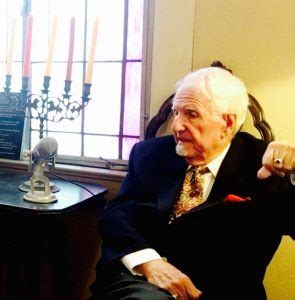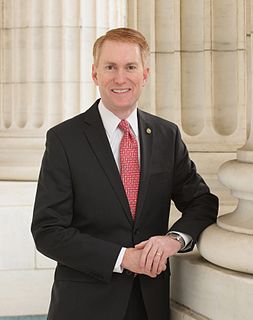A Quote by Alberto Manguel
If every library is in some sense a reflection of its readers, it is also an image of that which we are not, and cannot be.
Related Quotes
[Even the mechanism can be endowed with an image. Thus] the thermostat has an image of the outside world in the shape of information regarding its temperature. It has also a value system in the sense of the ideal temperature at which it is set. Its behavior is directed towards the receipt of information which will bring its image and its value systems together.
Whatsoever accidents or qualities our senses make us think there be in the world, they are not there, but are seemings and apparitions only. The things that really are in the world without us, are those motions by which these seemings are caused. And this is the great deception of sense, which also is by sense to be corrected. For as sense telleth me, when I see directly, that the colour seemeth to be in the object; so also sense telleth me, when I see by reflection, that colour is not in the object.
How do you explain to somebody who doesn't understand that you don't build a library to read. A library is a resource. Something you go to, for reference, as and when. But also something you simply look at, because it gives you succour, answers to some idea of who you are or, more to the point, who you would like to be, who you will be once you own every book you need to own.
I must admit that many humans have a strong need to perceive life as in some sense benign and potentially happy. It is also evident that this need cannot be met if we do not experience a salvific change in consciousness, which allows us to perceive a greater, happier reality beyond the world of matter and sense.
The image cannot be dispossessed of a primordial freshness, which idea can never claim. An idea is derivative and tamed. The imageis in the natural or wild state, and it has to be discovered there, not put there, obeying its own law and none of ours. We think we can lay hold of image and take it captive, but the docile captive is not the real image but only the idea, which is the image with its character beaten out of it.
Ultimately, there is no such thing as "my consciousness," but just the one consciousness and to sense your connectedness with the one (I can sense that continuously, which is why I can say that I know this for sure) to sense that connectedness with the one consciousness that pervades the universe, which in some traditions is called God, to sense that frees you of fear, from anxiety, and takes you to a very deep place of peace, but also of heightened aliveness.
The narrative image has more dimensions than the painted image - literature is more complex than painting. Initially, this complexity represents a disadvantage, because the reader has to concentrate much more than when they're looking at a canvas. It gives the author, on the other hand, the opportunity to feel like a creator: they can offer their readers a world in which there's room for everyone, as every reader has their own reading and vision.
As parents, we should remember that our lives may be the book from the family library which the children most treasure. Are our examples worthy of emulation? Do we live in such a way that a son or a daughter may say, ‘I want to follow my dad,’ or ‘I want to be like my mother’? Unlike the book on the library shelf, the covers of which shield its contents, our lives cannot be closed. Parents, we truly are an open book in the library of learning of our homes.







































